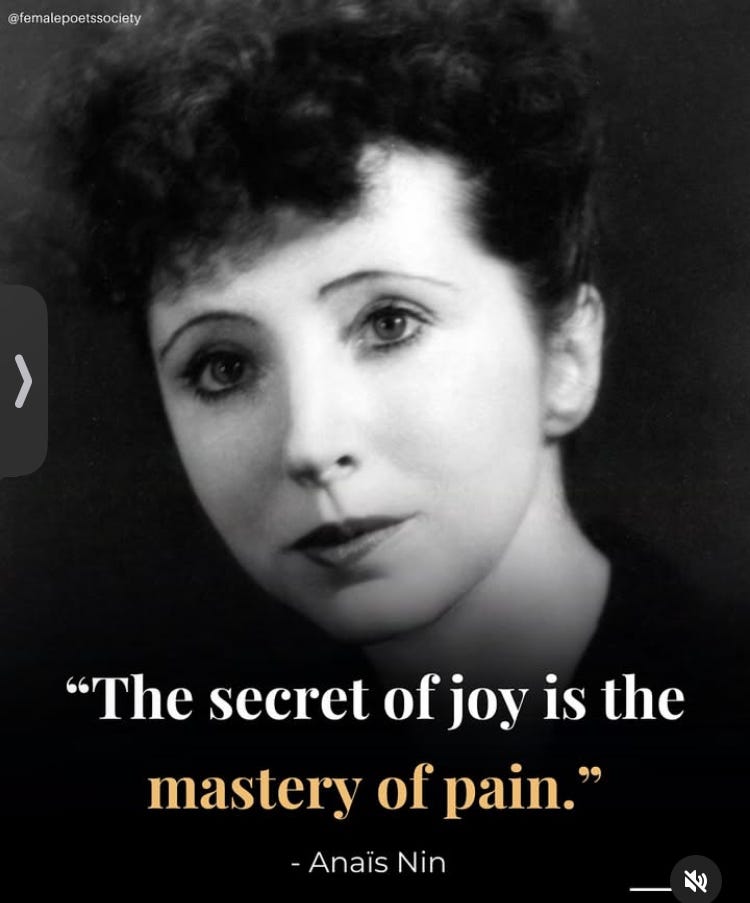“There is more wisdom in your body than in your deepest philosophy.”
-Friedrich Nietzsche
“That for which we find words is something already dead in our hearts.”
-Friedrich Nietzsche
“Life is continually shedding something that wants to die.”
-Friedrich Nietzsche
“We love life, not because we are used to living but because we are used to loving.”
-Friedrich Nietzsche
“Thoughts are the shadows of our feelings - always darker, emptier and simpler.”
-Friedrich Nietzsche
“It is only as an aesthetic phenomenon that existence and the world are eternally justified.”
-Friedrich Nietzsche
“A man far oftener appears to have a decided character from persistently following his temperament than from persistently following his principles.”
-Friedrich Nietzsche
Nietzsche ss surely one of the most wise and prophetic philosophers in the Western canon. The range and depth of his writings are truly astonishing, and his diagnoses of envy, democracy, power, Christianity, self-indulgence, excellence, striving, knowledge/epistemology, and the mob are unequaled. Even his shrill and passionate criticisms of women (as a whole) and Christian ethics, which are mostly wrong, have kernels of truth within them.
Yet Nietzsche’s profundity and his accurate understanding of suffering and beauty and the well-lived life availed him nothing. He was a lonely and tormented man, who only (apparently) had the courage to approach a single woman in his life. He impulsively, desperately asked for marriage and was flung into despondency when she pityingly declined his invitation. As Tiktok users might say “Nietzsche had no riz.” He died, raving mad, in his sister’s attic. I suspect that if Nietzsche had had the boldness and sense to effect some of his soaring ideas he might have found more joy in living (perhaps not).
I write all that as a prelude to my reaction to the pessimistic philosophy of Arthur Schopenhauer. I’m slogging through The World as Will and Representation right now and all I can think as I read his words, and consider his perspective, is that Schopenhauer was probably a solitary and depressive man who mistook his life course and temperament for an all-encompassing system of truths about the world. This is a common and obvious misstep that many (all?) philosophers make.
Schopenhauer believed that life was like a “penitentiary” and that regarding it as such was both more useful and more fundamentally accurate than focusing on goals or happiness or redemption. In his reading happiness was simply the absence of misery and pleasure the absence of pain. What we usually regard as positive emotions and sensations were actually negatives in Schopenhauer’s worldview. Evil and suffering and craving were positive phenomena, the real engines of human and animal existence, and all of the things we enjoy are merely reprieves.
I disagree, and I focus on Schopenhauer’s diagnosis of aging: he sees aging as unmitigated unhappiness and degradation. Aging occasions sickness and weakness and, eventually, death. My perspective is that aging certainly includes all of these elements but is not totally defined by them. While I have less aggregate energy and youthful vigor than I did ten years ago I am much, much happier because of things I’ve learned about existence and virtue and the well-lived life. These things were always available to me and adults doubtless tried to instruct me in their truth, but some things can only truly be learned through living.
I imagine that Schopenhauer never got up early in his late 30’s and ran sprints on the beach. He never dated. He never practiced combat sports. He quietly and resignedly watched his body begin to fail with a philosophical detachment and took the failure as unanswerable, ameliorated only by his daily walks, perhaps, or a strong cup of tea. He diagnosed the world as depressive because he was depressed and he took unhappiness as the positive phenomenon because it seemed more pronounced to him.
Schopenhauer might say that victory is merely the absence of defeat, but that’s wrong… and, more importantly, it is an outlook that will not serve you you well in life. Victory is real. Success is real. Happiness is real. Act as if these things are real, and important, and they will become real for you too.
Philosophy might not always be able to teach you the final set of truths about knowledge or happiness or existence but it can expose you to many different perspectives, and your reaction to those probably say more about who you are at the time of reading than anything which is actually in the text. To young men who are enchanted with Nietzsche’s ‘will to power’ I would caution humility and patience: life will show you the other side of that coin. To readers intrigued by Plato’s cave, I would advise introducing more depth and complexity. We are both in the cave viewing the shadows, and we are the shadows, and we are the cave, and all of them are illusory and metaphorical-only surface abstractions to deeper and unknowable truths. To people who tend to agree with Schopenhauer’s diagnosis of existence and suffering, I would advise that you leave your study and your bed and go outside. Go for a run. Go for a hike. Pursue something meaningful to you. try to make others happy… and you may find happiness yourself, and in that moment, you will understand that happiness is not merely an absence of pain. Happiness is transitory but is a truth unto itself. Like all deep truths, it cannot truly be understood by reading philosophy.
“I can't know what the future will bring. We have to choose despite uncertainty. Wisdom is holding two contradictory truths in our mind, simultaneously, Hope and despair. A life without despair is a life without hope. Holding these two ideas in our head is life itself.”
-from the film First Reformed (2017)






